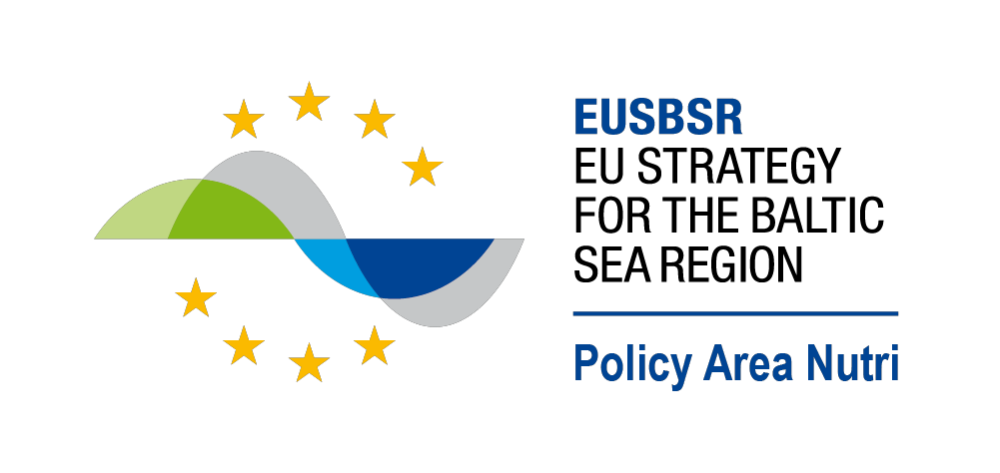PA Nutri
PA Nutri – Reducing nutrient inputs to the sea
Policy Area Nutri of the EU Strategy for the Baltic Sea Region works on Saving the Sea, which is one of the three main objectives of the Strategy. The aim of the Policy Area is to reduce nutrient inputs to the Baltic Sea to acceptable levels to mitigate eutrophication and to achieve a good environmental status.
The continuing problem of eutrophication is one of the most serious and difficult environmental challenges facing the Baltic Sea. Eutrophication is caused by excessive input of nutrients to the marine environment that increases the primary production of the sea, leading to reduced water clarity, oxygen depletion, toxic algae blooms, excessive growth of filamentous algae and a number of other harmful ecosystem changes.
Excessive nutrient loads through agricultural run-off, inadequately treated sewage, airborne emissions and internal fluxes are the main cause of eutrophication. The share of nutrient loads of nitrogen, phosphorus and ammonia emissions from agriculture is especially important.
The latest decades' large-scale investments in waste water treatment plants and key decisions on cleaner shipping have had an important impact on decreasing the nutrient load. According to the latest HELCOM assessment total normalised nitrogen and phosphorus inputs to the Baltic Sea have decreased with 12% and 25%, respectively, since the reference period (1997-2003) and 2015. However, to save the sea, further and continued action is needed.
PA Nutri is coordinated by the the Centre for Economic Development, Transport and the Environment for Southwest Finland and the State Water Holding Polish Waters.
EUSBSR Policy Area Nutri is supported thanks to the Interreg Baltic Sea Region Programme 2021-27.





